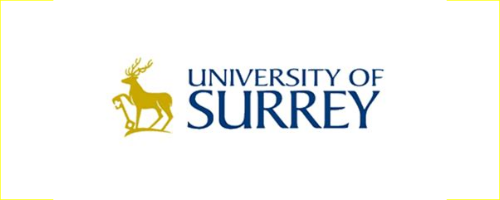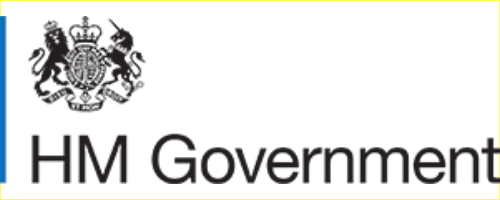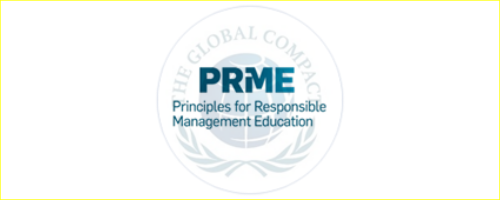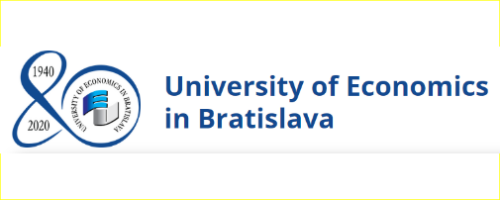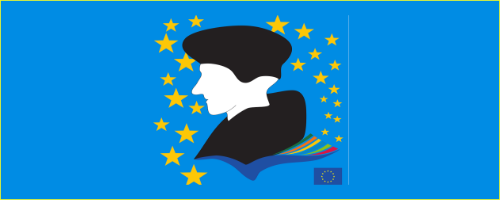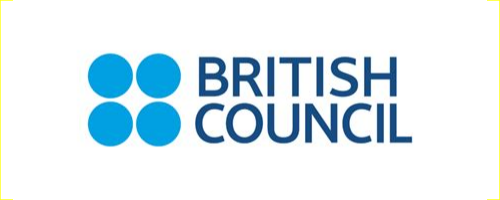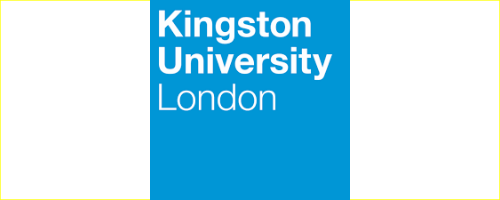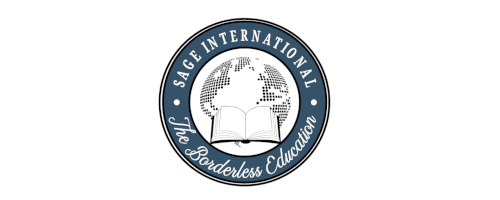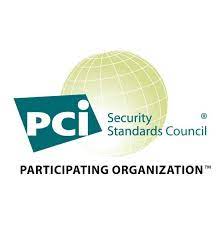PREVENT DUTY AND BRITISH VALUES
PREVENT DUTY AND BRITISH VALUES
Context and Scope
Apsley Business School delivers education in partnership with staff and students from a wide range of backgrounds, within the UK and abroad. Apsley is a British registered business school, and is built on British Values which form a core part of the curriculum. Apsley has a legal responsibility to safeguard and promote the welfare of all their students and to ensure that they operate within the law. The Prevent Duty is a government strategy and was introduced to safeguard communities against the threat of extremism, radicalisation and terrorism and for the promotion of British Values.
Duty of Care:
Section 26 of the Counter Terrorism and Security Act 2015 places a duty on educational establishments to have “due regard to the needs to prevent people from being drawn into terrorism”. This is not about preventing students from having political and religious views or concerns but supporting them to use or act on their views and concerns in a non-extremist way.
Definitions with the Prevent Duty and British Values
Ideology: A set of beliefs.
Extremism: Defined by the Government as “vocal or active opposition to fundamental British values, including democracy, the rule of law, individual liberty and mutual respect and tolerance of different faiths and beliefs”.
Radicalisation: The process by which a person comes to support terrorism and extremist ideologies.
Terrorism: A violent act against people or property, designed to create fear and advance a political, religious or ideological cause.
British Values: British values are defined as democracy, rule of law, individual liberty and mutual respect and tolerance of different religions.
Concerns and Identifying possible warning signs:
Signs of vulnerability may include:
| Possible warning signs may include:
|
Reporting Concerns:
If you are worried or concerned about your student, or tutor, please contact our Designated Safeguarding Officer, Sebastian Fuller immediately on mobile: 0792752215 or email: sebastian.fuller@apsley.university
Once we have investigated concerns, the Safeguarding Officer would determine the most appropriate course of action and may refer to Channel.
What is Channel?
Channel is a programme that provides support to people who are identified as being vulnerable to being drawn into terrorism or extremism. It is a supportive approach and operates in the pre- criminal space. The programme uses a multi-agency approach to protect vulnerable people by:
Identifying individuals at risk
Assessing the nature and extent of the risk
Developing the most appropriate support plan for the individuals concerned



